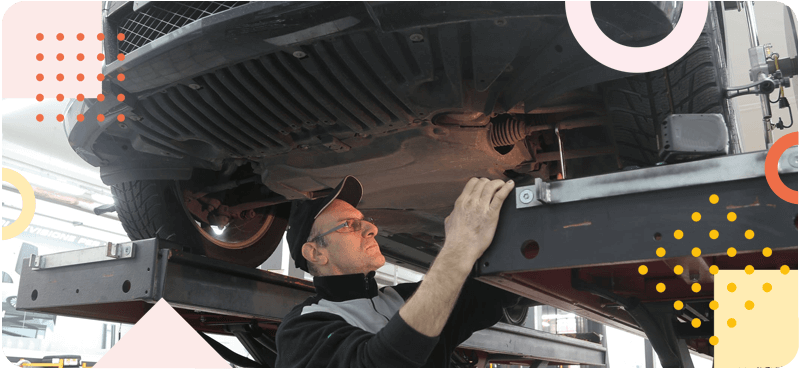Module 5 . Money, Financing and Accounting
Vehicles
Tradespeople
Leasing a Vehicle
| Pros | Cons |
|---|---|
| There’s a low start-up cost compared to buying | As you don’t own the vehicle, it isn't considered an asset |
| You may be able to claim a high percentage or all of the VAT back | Driving too many miles may mean you have a penalty at the end of the period to pay |
| Servicing and maintenance will usually be up to the leasing company | If you miss payment it will affect your credit rating or offerings with other lease companies |
Buying a Vehicle
| Pros | Cons |
|---|---|
| You may have a chance to negotiate on the price | Depreciation is hefty and immediate with new cars |
| The vehicle is an asset that may be used to secure finance or pay off debts | Maintenance costs are all on you and will increase as the car gets older |
| There are no mileage restrictions that you need to consider | |
| You could offset this against your tax bill if you are a limited company or have it as an allowable expense but your accountant can confirm |
Running Costs and Servicing/Mileage

Equipment
Buying Equipment
| Pros | Cons |
|---|---|
| Ownership of the asset is yours unless you have used it as security for a loan | You might need to use an overdraft or loan for the purchase |
| You may be able to claim capital allowances on it | Servicing and maintenance of the equipment is your responsibility and unexpected repairs can be costly |
| Payment up front means less long term agreements which can be a burden | Depreciation could lead to value of your asset being less than you paid for it |
| The overall price of the equipment will be cheaper than spreading costs over time | You can’t take advantage of the tax benefits of rental |
| It may be a large investment of cash at a time when you don’t have revenue flowing in |
Leasing Equipment
| Pros | Cons |
|---|---|
| The cost of the equipment is spread over a period of time so you don’t need to use up big chunks of cash at the beginning | You can't claim capital allowances on the leased assets if the lease period is for less than five years (and in some cases, less than seven years) |
| Often the equipment will be better than you could afford to buy outright | It may end up being significantly more expensive than if you bought the equipment outright |
| You pay for the asset over the fixed period that you use it, which helps you budget for the future | You might be locked into agreements over a medium to long period which means you’ll have to continue paying even if your business has stopped earning |
| Monthly rental costs are generally fixed over the period so your cashflow is easier to forecast | Your business will need to be VAT registered to take out a lease agreement |
| A lease hire is often tax deductible | You don’t reap any of the benefits of owning an asset; such as financing or selling to pay off debt |
| The leasing company will take care of maintenance and breakdowns | The agreements with lease companies may be complicated and require administrative assistance |
| Upgrades or replacements may be available at a small additional cost compared to buying an upgrade outright | |
| Long funding leases over 5-7 years may mean you can claim capital allowances on the cost of the equipment |

